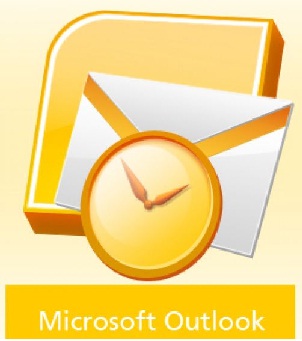Email and Instant Messaging:
One of the primary tasks professionals use their smartphones for today is email. Laptops can receive email, when they are open and on, and the email program is open, but smartphones will receive emails and instant messages immediately and often let the user see who sent the email. This means that the recipient always knows what’s going on and can respond to anything urgent. Instant messaging and text messaging are also becoming preferred ways to contact people when a phone call is not necessary or cannot convey the necessary data. There are many instant messaging applications that work through smartphones and can link to a professional’s office as well. While instant messaging can be used on laptops, it suffers from many of the drawbacks as using email with laptops, such as convenience and portability.
Storing Contacts:
With many industries, networking and gaining as many valuable contacts as possible is vital. Today, many professionals are using their smartphones to keep track of all the contacts they meet. Smartphones often automatically sync with the user’s email account or with the cloud, which means that the contacts will never be lost even if the phone is lost. This is not necessarily true with laptops, where contacts are often stored locally if the email account is not set up properly. Storing contacts on a smartphone makes it possible for a professional to use their contacts anywhere they go. It also makes it quick and easy to add new contacts without the hassle of collecting a business card.
Looking Up Information:
Modern smartphones allow a user to look up information as quickly as pressing a button. This can be extremely valuable when a professional is with clients or colleagues and needs to get information fast. In the past, research was done on laptop computers. Many smartphones today are connected to fast networks or wireless Internet, which means that they can load data at least as fast as a laptop, if not faster. Smartphones also make it easier to get needed information because phones use a stripped down, mobile version of a website rather than the full site, making downloading and navigating the site easier. Some smartphones can even recognize a person’s verbal questions and provide an answer directly, saving time and effort for trivial tasks.
Giving Directions:
Many smartphones come with built-in GPS technology. This means that someone can look up directions on a smartphone and get a turn-by-turn analysis of how to get there. With a laptop, a person would have to print or memorize directions before leaving, which can be difficult for long trips. With a smartphone, a person needs to only enter the destination and the smartphone will tell them where to go. Many smartphones also have bus and public transit routes, for those who live in metropolitan areas.
Location Sensitive Advice:
Similar to directions, smartphones can also give a user advice based on where they are in the city, which is something that laptops can’t do easily at all. A smartphone can be asked for restaurants in the area, the local taxi cab service, or the projected weather reports. This can make smartphones useful for both day-to-day life and out-of-town trips.

